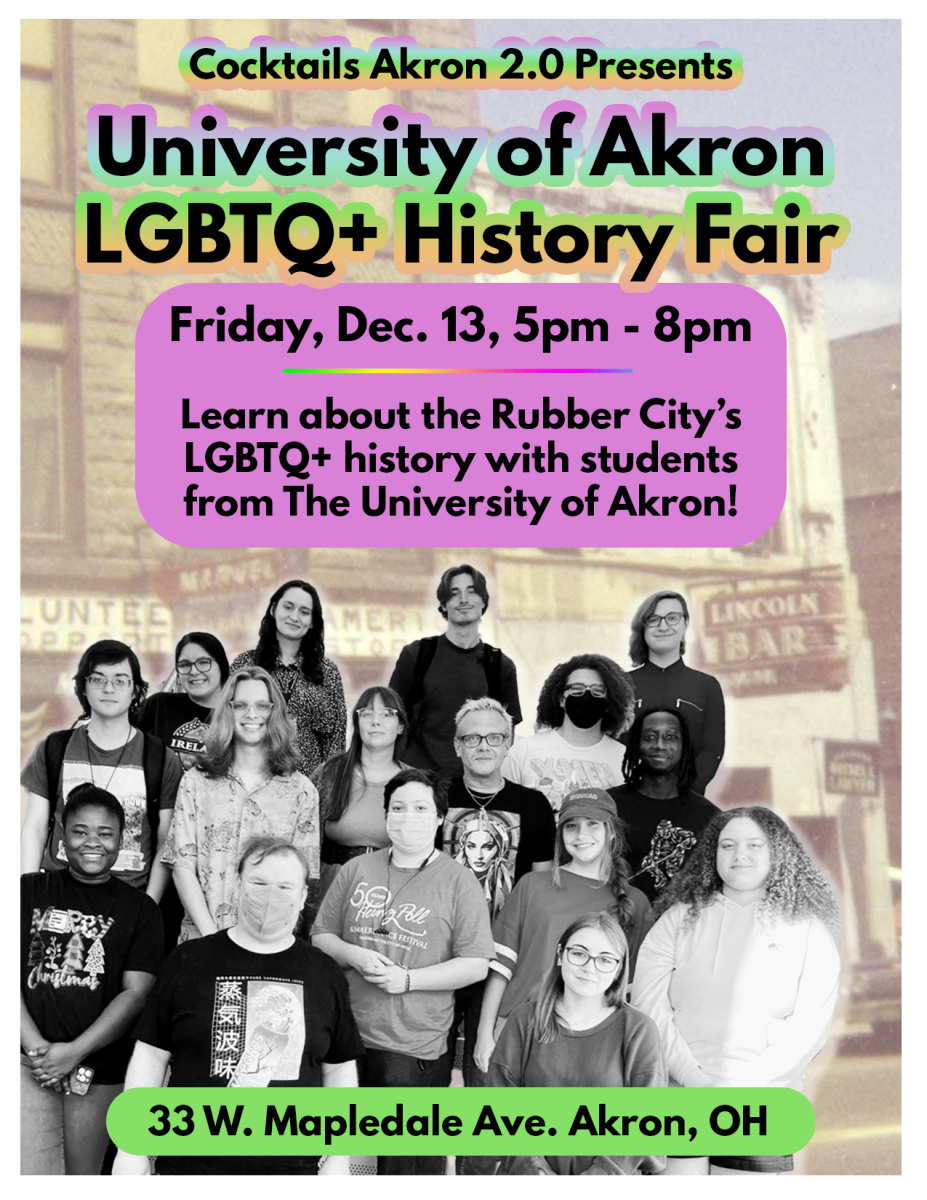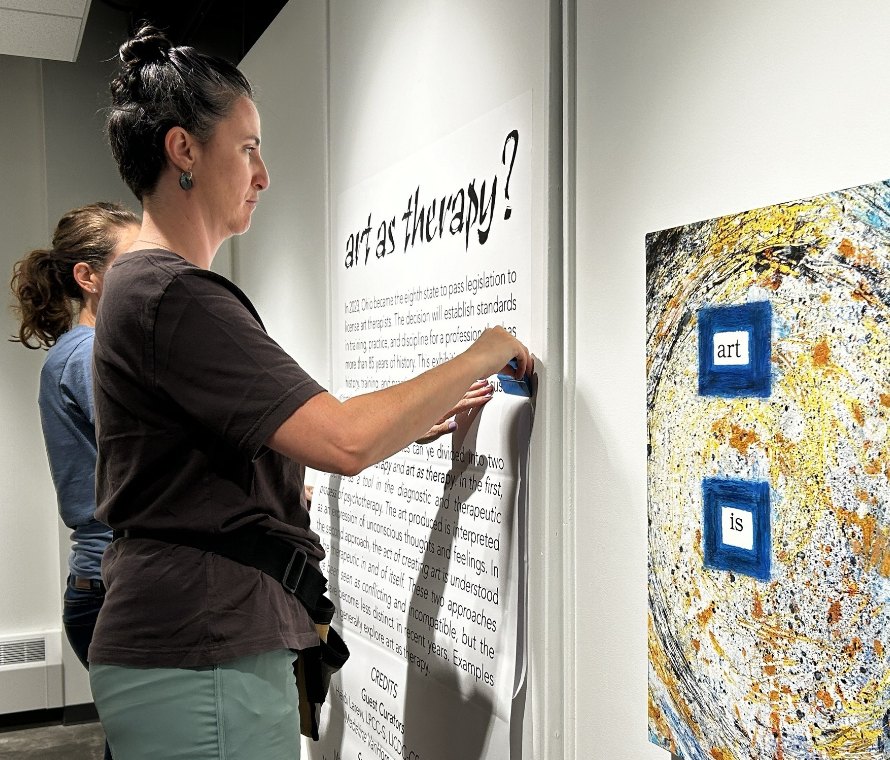By: Maggie Duff
Last Thursday, acclaimed author and essayist Chuck Klosterman spoke at the downtown Akron Public Library to promote his new book and answer questions.
Klosterman’s visit to our city was not entirely unprecedented, as he lived in Akron for four years, writing as an arts critic for the Akron Beacon Journal. He has also written for Spin, Esquire, GQ, The New York Times Magazine, The Believer and The Washington Post.
Klosterman writes mostly works of nonfiction; in fact, his newest book, “The Visible Man,” published this year, is only his second fiction piece out of the seven books he has written. The rest are nonfiction, and are mostly collections of essays on popular culture, rock music and his travels.
One of his most well known books, “Sex, Drugs, and Cocoa Puffs,” is a good example of his general work. This book includes essays on everything in popular culture including sex tapes, “Saved By the Bell,” serial killers and the Sims. Klosterman has also written books that are more centered on one topic, such as “Fargo Rock City,” which is a history of glam metal.
“The Visible Man,” which Klosterman is promoting during his current tour, is the story of a man who has the power to become invisible and the man’s relationship with his therapist. The passage he read while visiting the library involved the main character, “Y_,” and his therapist, Vick. Y_ tries to convince Vick that he honestly can be invisible, thanks to a light-bending technology that he has discovered.
One interesting part of this book that Klosterman discussed during the reading was how he coined the characters and their methods of communication. He has been exploring the idea of the interview, since he has been interviewing and has been interviewed many times in his career. Although it may be the “best way to understand someone,” the interview forces fakeness upon the people involved.
Klosterman insisted that interviews force people to “construct false reality in the most authentic way.” The character Y_ is avoiding this fakeness by using his invisibility to spy on others.
Klosterman was inspired to write this after re-reading “The Invisible Man” by H. G. Wells. The voice in this book is unsurprisingly similar to that of his essays, and Klosterman admitted that his voice carries through his writing, despite the genre.
Perhaps the most unforgettable part of this lecture was Klosterman’s speaking in itself. His ability to entertain an entire crowd is fascinating, and whether or not he answered somebody’s question during the Q & A, he succeeded in going off on some very interesting, comical tangents.
When asked about his opinion on the situation with LeBron James, he ended up talking about how he wished he still lived in Akron, specifically so he could report on the escaped exotic animals in Zanesville. He then went on to explain how letting wild, exotic, carnivorous animals loose in Highland Square would probably help to create a better sense of community.
Whether you are looking to read about hair metal, pop culture, existentialism or turning yourself invisible, you can probably find something that you like in Klosterman’s humorous writing.





